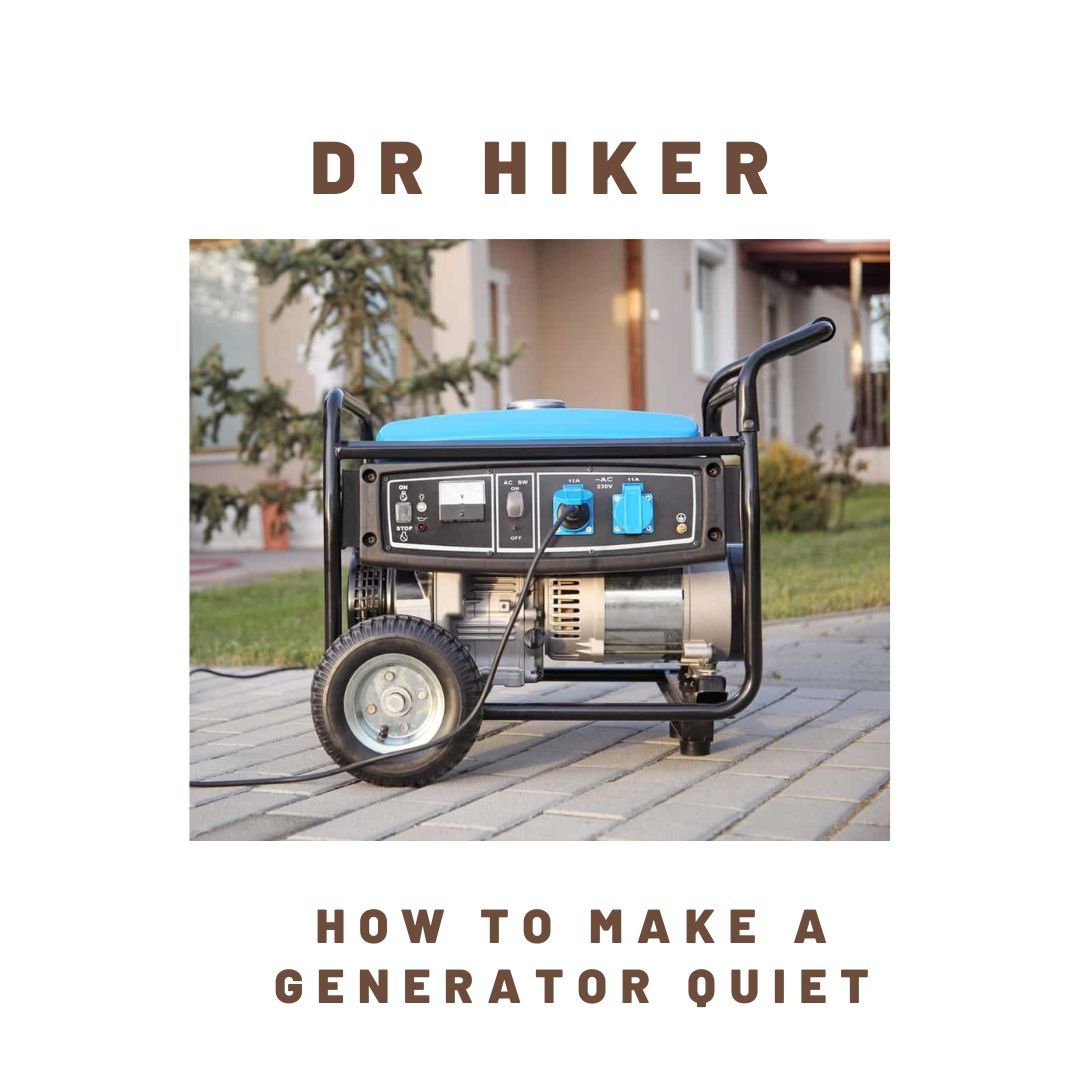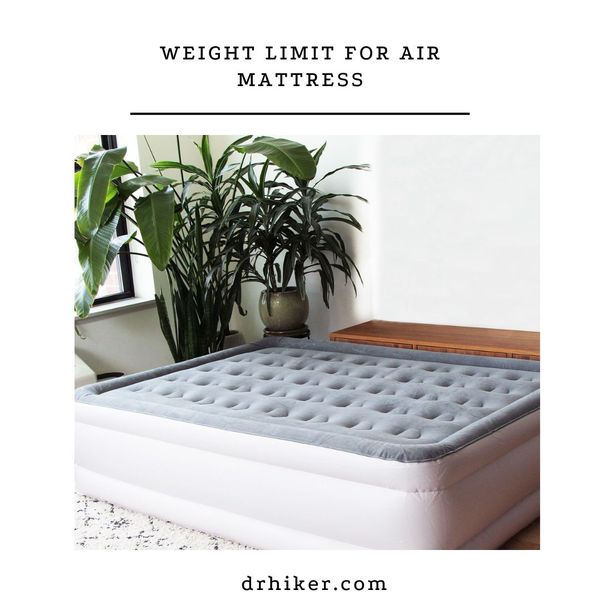However, you can quieten your generator during camping by placing it in a soft location, using sound deflectors, keeping it in an enclosure box, using a muffler, or repositioning it in a distant location.
There are many other helpful ways to make a generator quiet that we have elaborated on with details in this blog post. Follow the tips and tricks to silence your generator.
Can You Make A Loud Generator Quiet?
Yes, you can make a loud generator quiet by adjusting its position. You can place it on soft ground and further away from your camping area. You can also reposition its exhaust pipes, make a silencer box, use a sound deflector, or attach rubber feet to your generator.
Noisy generators aren’t only annoying and adversely affect sleep patterns and reduce your ability to concentrate. You can buy a quiet one to avoid the hassle of quietening a generator.
What Causes Noisy Generators?
Generators are noisy because they are technically designed with engines to create power by burning fuel inside combustion chambers. An explosion happens when air and fuel are pressurized, resulting in the production of loud noise.
- Generators that produce a lot of power also produce a loud noise. This is common in medium or low-end generators.
- The mechanical motion inside the combustion chamber bumps parts against each other, leading to loud noise.
- Usually, older generators are noisier. Their loose or worn-out parts make noise come out of the engine.
- Air moving inside the combustion chamber via an air valve also produces noise.
- A faulty or damaged muffler can also be the reason for this issue.
How To Make Your Generator Quiet For Camping?
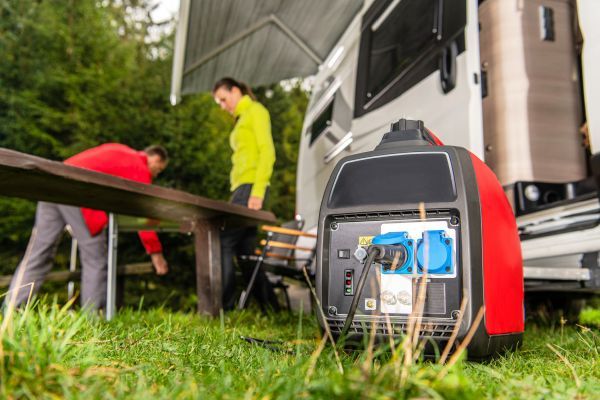
Loud noise is damaging to your ears. According to the National Institute on Deafness and Other Communication Disorders (NIDCD), constantly hearing loud noises of 85 decibels can cause hearing impairment.
The decibel level in most generators lies between 60 to 100 dB, which is too loud for the ears. If you want to make your generator quiet, here are some effective tips you must consider:
Keep The Generator on A Softer Surface
You can silence your generator or reduce noise by placing it on a soft surface such as grass or dirt. Avoid placing it on hard surfaces like wood, concrete, or asphalt because they will cause louder noise production.
Set The Exhaust Pipes Away From Campsite
Keeping the generator in the right place also helps in reducing noise. The exhaust pipes are the main origin of the noise, and if they are pointed towards the campsite, you will definitely get disturbed by the noise.
So, set the exhaust pipes facing away from the campsite to move noises in the opposite direction. In some models, it is possible to reposition exhaust pipes upwards.
Place Generator Farther From Campsite
Keeping your generator 20 feet away from your camping area is highly recommended to avoid trouble caused by noise. You can get a long power cable to make it work but keep the generator within your sight.
This method might not help without relying on soundproofing in an open area where campsites are close. If you keep the generator close to your neighbors, your neighbors will be disturbed by noise. Also, avoid placing generators in the woods as it can cause fire due to ignition.
Install Anti-Vibration Pads
Silencing mats or anti-vibration pads are highly effective in making a generator quiet. The durable foam padding will muffle the noise when you keep one pad under each side of the generator.
These anti-vibration pads will absorb noises by preventing their reflection in the environment. You can also attach rubber feet to stop noise and vibrations.
Replace Faulty Muffler
Another useful trick to keep a generator quiet is installing a muffler or replacing the faulty one. It muffles the sound coming out of the exhaust pipes. The inside of it consists of perforated tubes designed for the deflection of sound waves.
As exhaust pipes are the main reason for loud noise production, you can muffle their noise down to 10 to 12 decibels. It is easy to find mufflers for a car but difficult for generators due to the varying sizes of exhaust pipes.
Muffle Generator With Water
If you don’t want to replace the muffler, use water to absorb sound. You will need a large bucket filled with water, a hose, and a clamp to secure the hose to the exhaust pipe.
- To make it work, keep the generator higher than the water bucket, as it will prevent backflow.
- Connect a hose to the exhaust pipe using a clamp.
- Put the other end of the hose inside the water bucket.
- Water will function as a muffler to reduce noise from the exhaust pipe.
This method is reliable and can reduce noise to 5 to 7 decibels.
Make A Generator Silencer Box
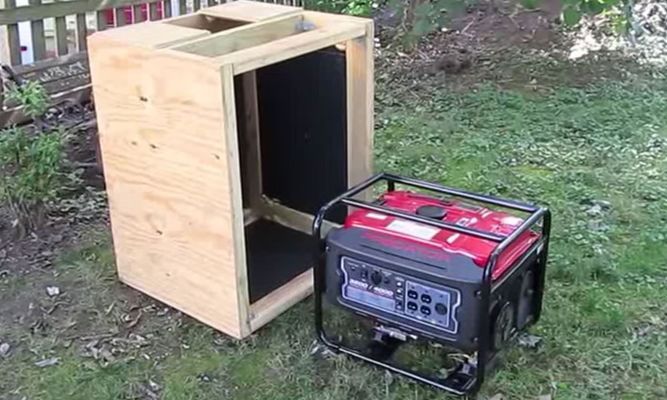
If you don’t find other methods feasible, you can build a soundproof box using acoustic plywood or foam board. These enclosure boxes work like sound deflectors and reduce sound to lower decibels. Here is how you can make an enclosure or silencing box for your generator:
- Write down the dimensions of your generator from the product box.
- Add 1 to 1.5 feet of additional dimension for the box to make sufficient room for the generator.
- Get acoustic plywood or foam board.
- Seal the seams of foam board using gorilla glue and plywood with PVA wood glue.
- Build the box leaving enough area for ventilation.
Deflect Sound Using Plywood
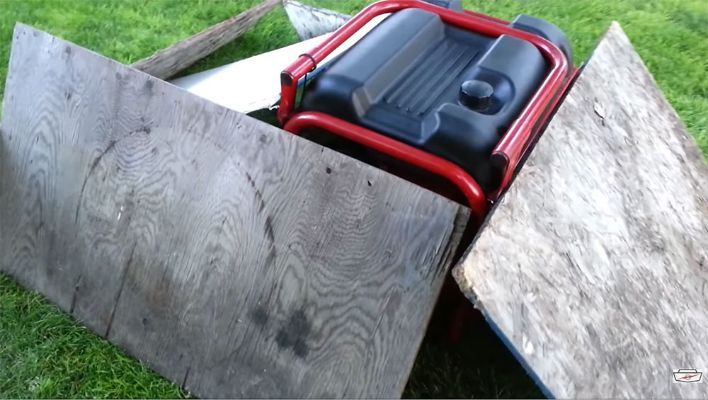
Instead of building a box to quiet the generator, you can simply use acoustic plywood for soundproofing. Adjust pieces of plywood around the generator to produce a soundproof effect. This trick can reduce sound by up to 10 decibels.
Most RVers prefer this method as they can easily stack plywood during traveling and place them around the generator. However, be careful when keeping plywood around the exhaust pipe, as it can cause a fire. Arrange four sheets of plywood and one non-flammable sheet of drywall around your generator for better results.
Buy Generator Based on Power Needs
It is always good to buy a generator considering your power needs to avoid loud noise. If your generator puts out more power, it will produce more noise. So, keep count of the power you need, the noise level you can bear, and the money you are willing to spend on the purchase.
During camping, you need to power small appliances such as phones, tablets, and other devices. A small and less powerful generator will be enough to meet your requirements. However, if you want electricity for a refrigerator, microwave, or air conditioner, you will need a generator with more power. So, invest wisely in a portable generator with less power.
FAQs
What Is The Best Material For Soundproofing A Generator?
Sound-absorbing materials such as acoustic panels, plywood, fire-rated foam, and fiberglass help soundproof a generator. You can also use these materials to build a quiet box for your generator.
Where Not To Put A Generator?
Putting generators indoors in partly enclosed spaces such as rooms or garages. is not advisable. You should only use the generator outside and keep it far from windows, doors, crawl spaces, and vents. Also, keep the ventilation in check to avoid the accumulation of deadly gases released from exhaust pipes.
What Is A Safe Distance For A Generator From A House?
We highly recommend keeping the generator 20 to 23 feet away from home with its exhaust pipe facing away from your campsite.
Wrapping Up
The point of camping is to get away from the noisy hustle and bustle of cities to spend a peaceful time in nature. You shouldn’t compromise that precious adventure due to a noisy generator.
If you love camping, we highly recommend purchasing the quietest generator (Invertor rather than a conventional portable generator) that you can easily carry in your RV. However, if you already have one, you can rely on the mentioned tips and tricks to make your generator quiet.


